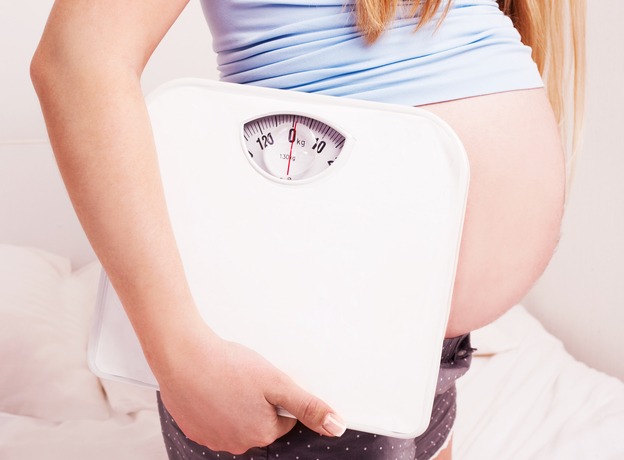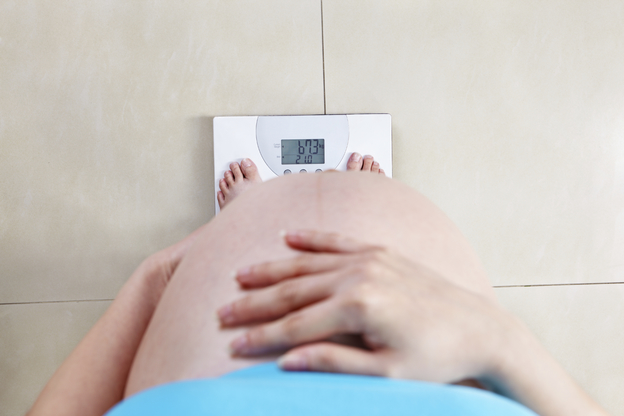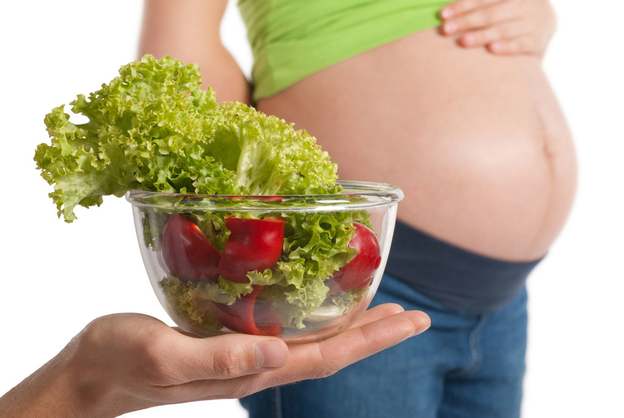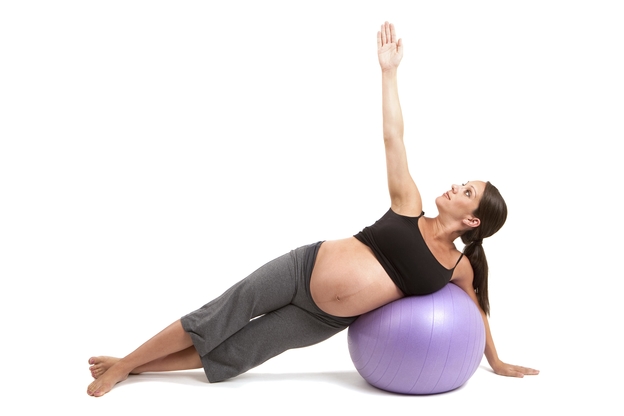SingaporeMotherhood | Parenting
September 2015
Dealing with Pregnancy Weight Gain

Pregnancy is that one (or more) span of time in a woman’s life during which she is naturally expected to pack on some kilos without hosting any qualms about it. However, as with everything else in life, moderation is key. It is highly crucial for an expectant mother to gain weight slowly and steadily in order to keep her weight well within the healthy range for her body type. Dr Ng Ying Woo, Consultant at NUH Women’s Centre, educates us on the dos and don’ts with regards to pregnancy weight gain.
[banner][/banner]
How Much of Weight Gain Is Normal?
So, what amount of weight is considered to be normal and healthy for a woman to gain during the span of her pregnancy? Dr Ng states that the total weight gain of an expectant mother in her first pregnancy without dietary restrictions should range from ten kilograms to sixteen kilograms. Every woman’s body is different, thus her pregnancy weight gain would depend very much on her body weight before the pregnancy. Studies have shown that if one is underweight before the pregnancy, gaining more weight than usual during the pregnancy is highly advisable. Conversely, women who are overweight should avoid gaining excessive weight during the span of their pregnancy.
Dr Ng explains that pregnancy is typically divided into three trimesters. During the first trimester, it is generally difficult for many women to gain weight; this can largely be attributed to the presence of morning sickness. During the three months of the second trimester, expectant mothers should ideally gain half a kilogram per week or approximately two kilograms within a month. A similar rate of weight gain should be kept up throughout the third trimester.
Weight Related Pregnancy Complications
Excessive weight gain can pose potential problems for the health of the new mother. Piling on unnecessary pounds can lead to a higher risk of developing diseases such as hypertension and diabetes during the span of pregnancy. In addition, the foetus tends to be larger in size, and this can make vaginal delivery a challenge. On the other hand, mothers who fail to gain sufficient pregnancy weight, or even lose weight during pregnancy, put themselves at high risk of delivering a premature baby or a baby of lower than normal weight.
Making Changes to Your Diet
Should you really be eating for two? Not at all. “Eating healthy is more paramount than trying to eat for two,” explains Dr Ng. Excessive eating is not advisable, especially for overweight mothers. Instead, expectant mothers should focus on obtaining all the right nutrients for two, rather than doubling their intake of food. It comes down to quality, not quantity.
An expectant mother’s diet should be a balanced and healthy one. It should contain all the basic nutrients necessary to meet the demands of the developing foetus. This works out to about 2500 calories per day, according to Dr Ng. For example, protein can come from pork, chicken or fish; fats from milk and carbohydrates from bread, rice and cereals. Vitamins are available in fruits and vegetables.
Starting your pregnancy with a healthy weight will definitely put you on the right track. Opt for foods that can help to provide you with a good nutritional punch. Moderate servings of these, but make them a frequent component of your diet. Hydrate well with water and work on controlling your cravings. The occasional indulgence in desserts or snacks is fine.
Exercising to Keep Your Weight in Check
Adopting an exercise routine during pregnancy can help expectant mothers to keep their weight within the healthy range. It may also relieve stress and help with building up stamina for the impending labour and delivery. Moderate exercises, such as walking, swimming or low impact aerobics, lasting about thirty minutes each day, are recommended unless you have medical or obstetric complications. A simple exercise regimen such as walking daily can also be beneficial. Bear in mind that you should check your weight at each antenatal visit and discuss any weight issues with your obstetrician.
Dealing with Fluid Retention
Fluid retention is inevitable in most cases of pregnancy. The additional weight gain can be responsible for causing aches of the joints. So how can this be dealt with and minimised? Very simple measures are often useful in relieving the discomfort. These include reducing the intake of salt in one’s diet, avoiding caffeine as well as long periods of standing. Some pregnant women may find the elevation of legs at night or wearing compression stockings to be useful in alleviating these pains.
Eating foods rich in potassium, such as bananas, can also aid in reducing the swelling. The intake of coffee and tea should be kept to a minimum.
All content from this article, including images, cannot be reproduced without credits or written permission from SingaporeMotherhood.
Follow us on Facebook, Instagram, and Telegram for the latest article and promotion updates.









